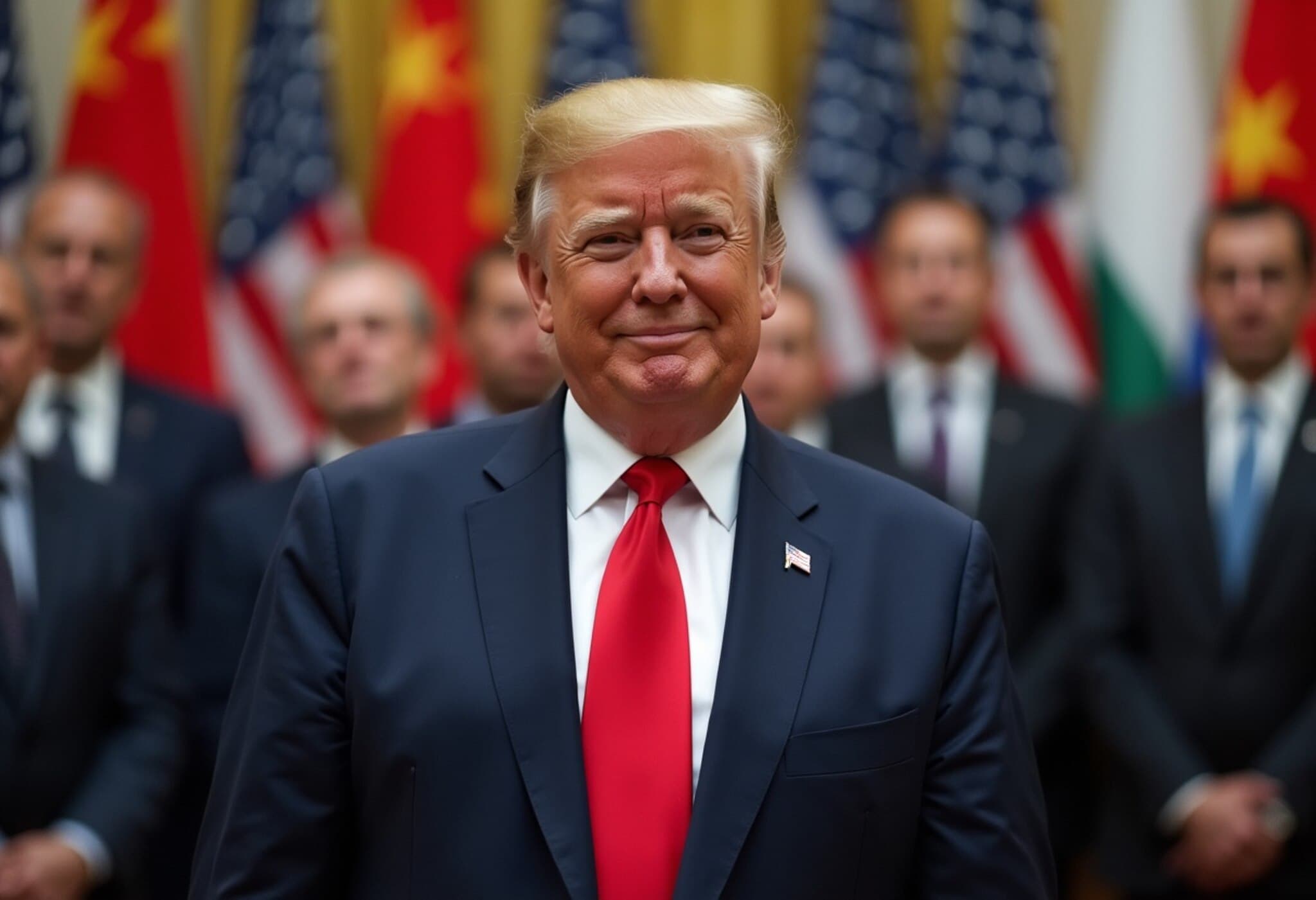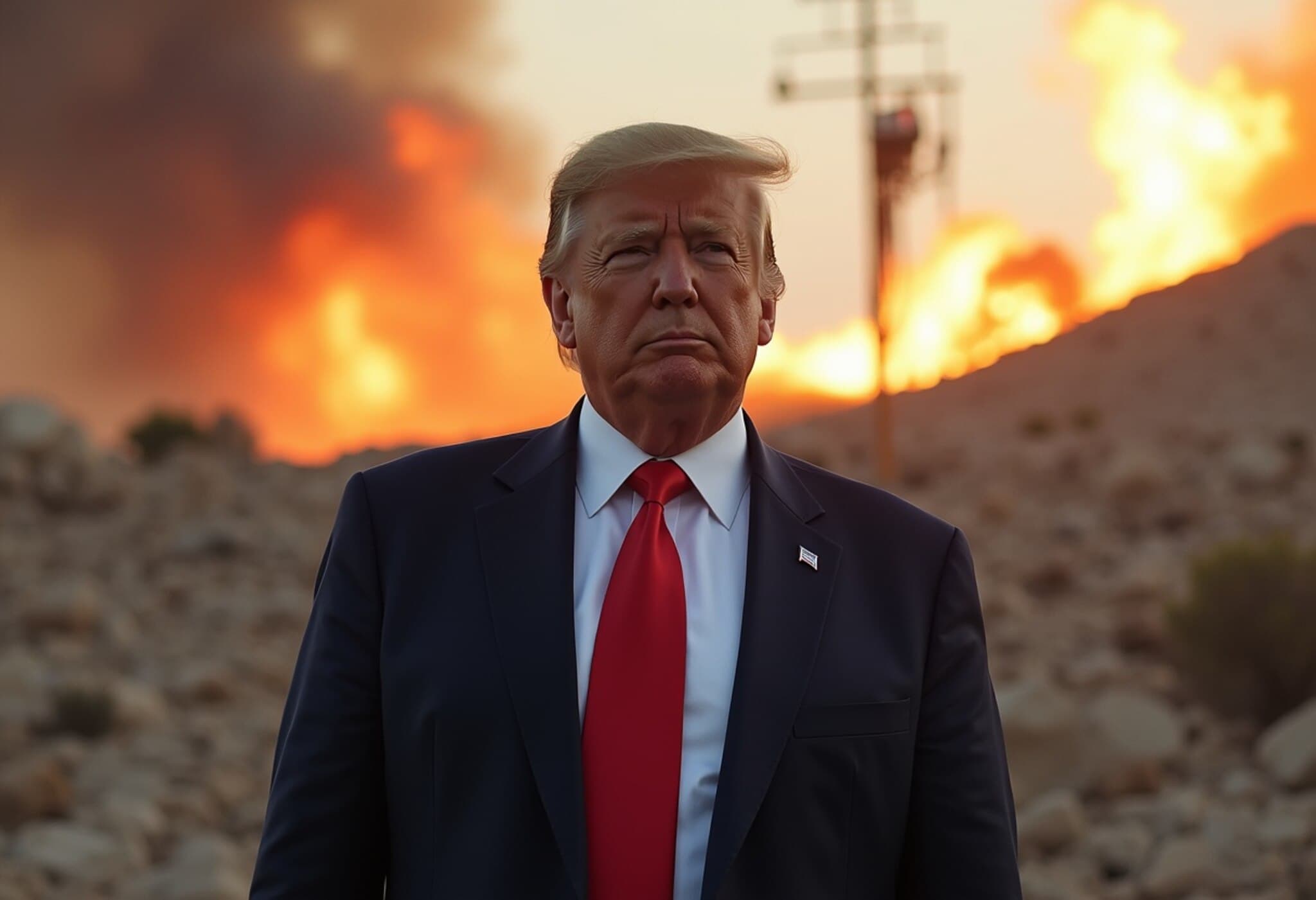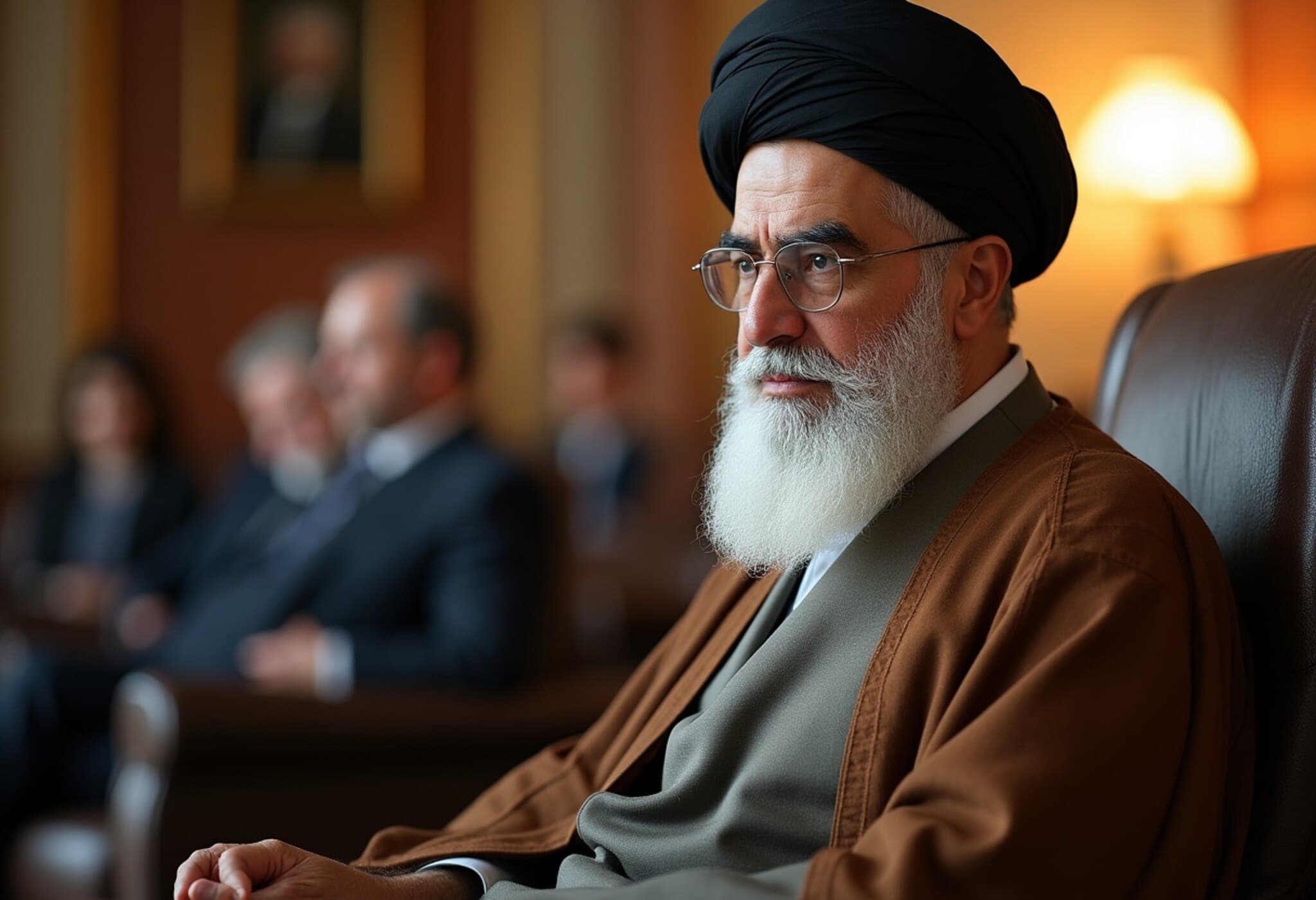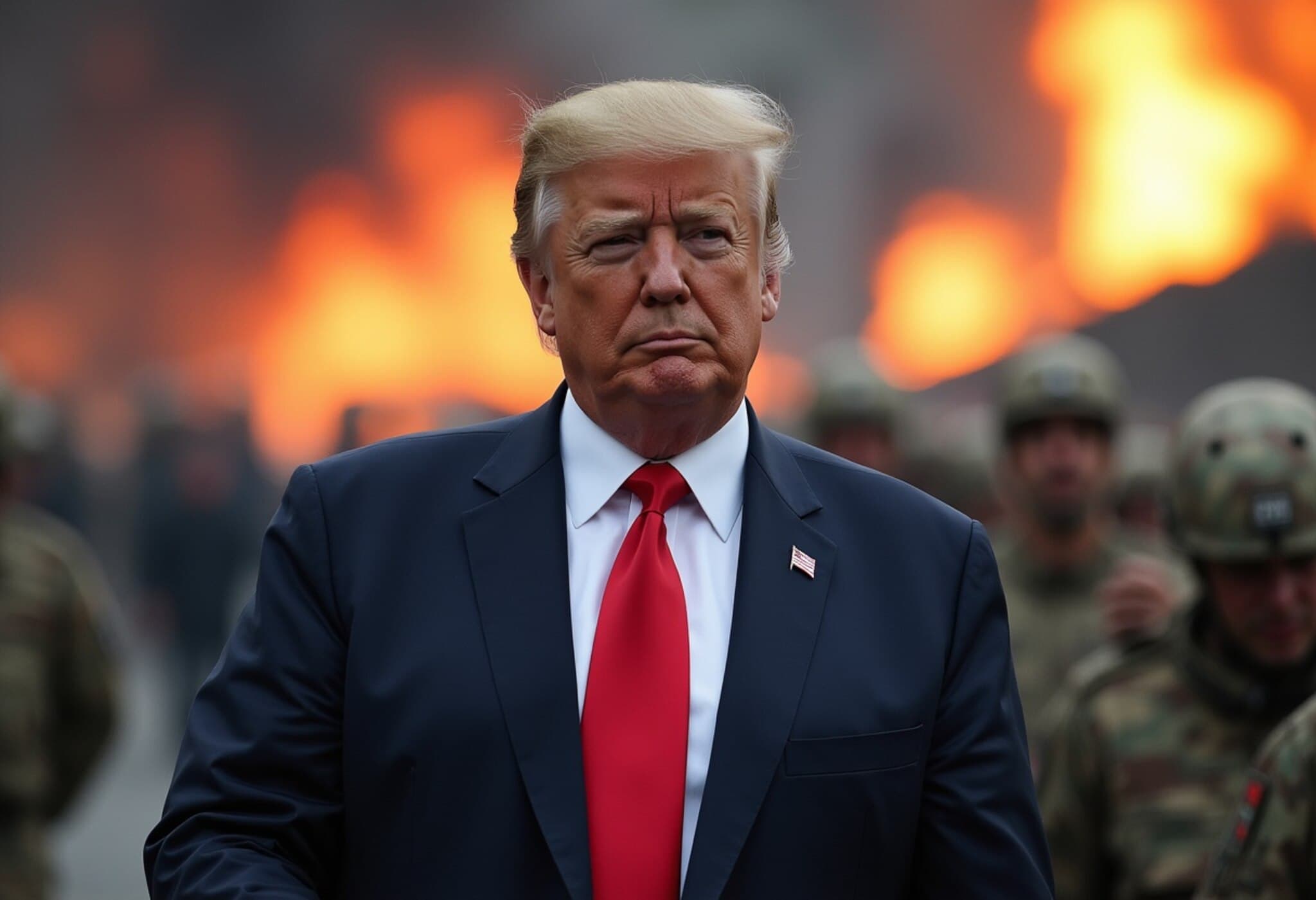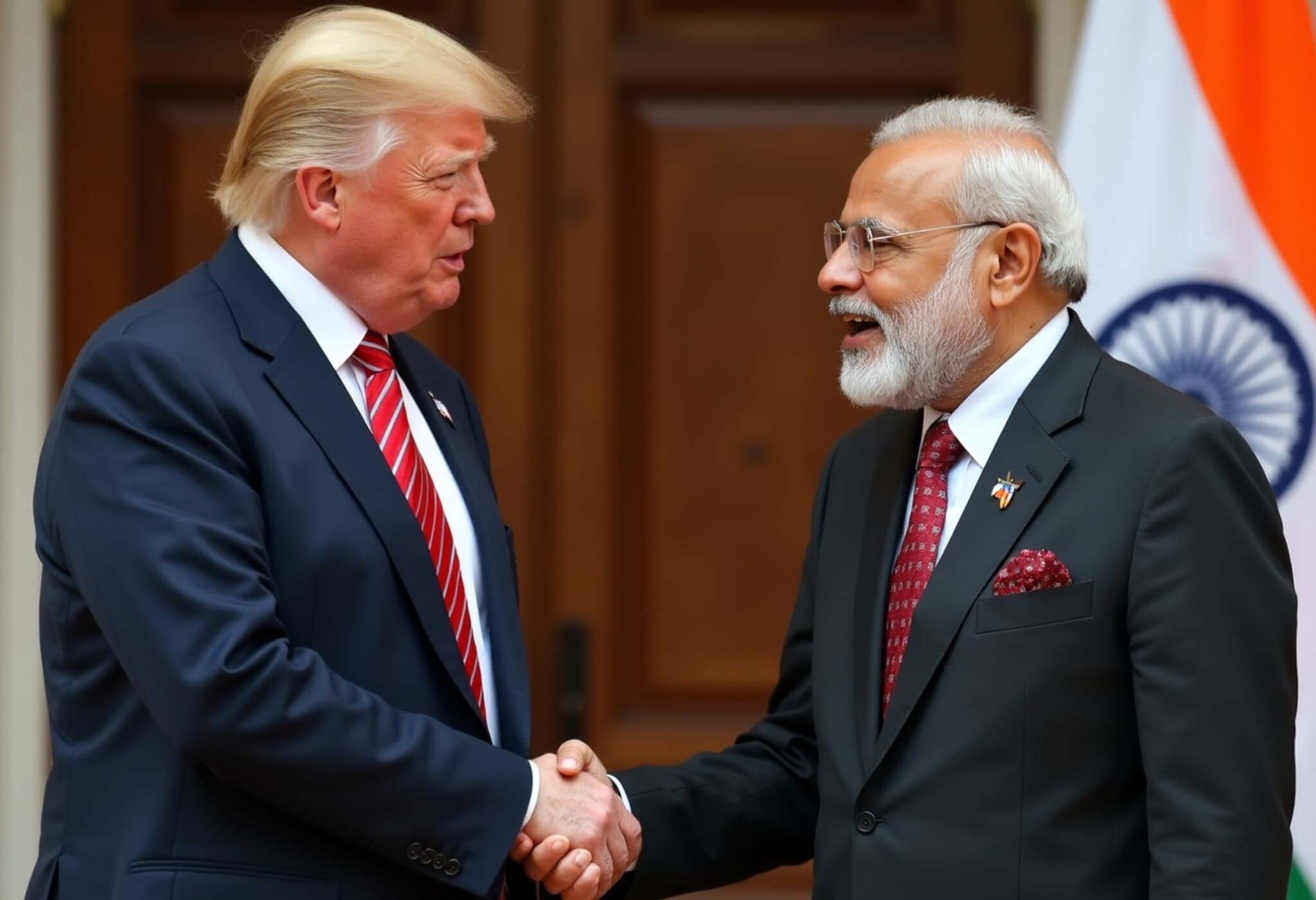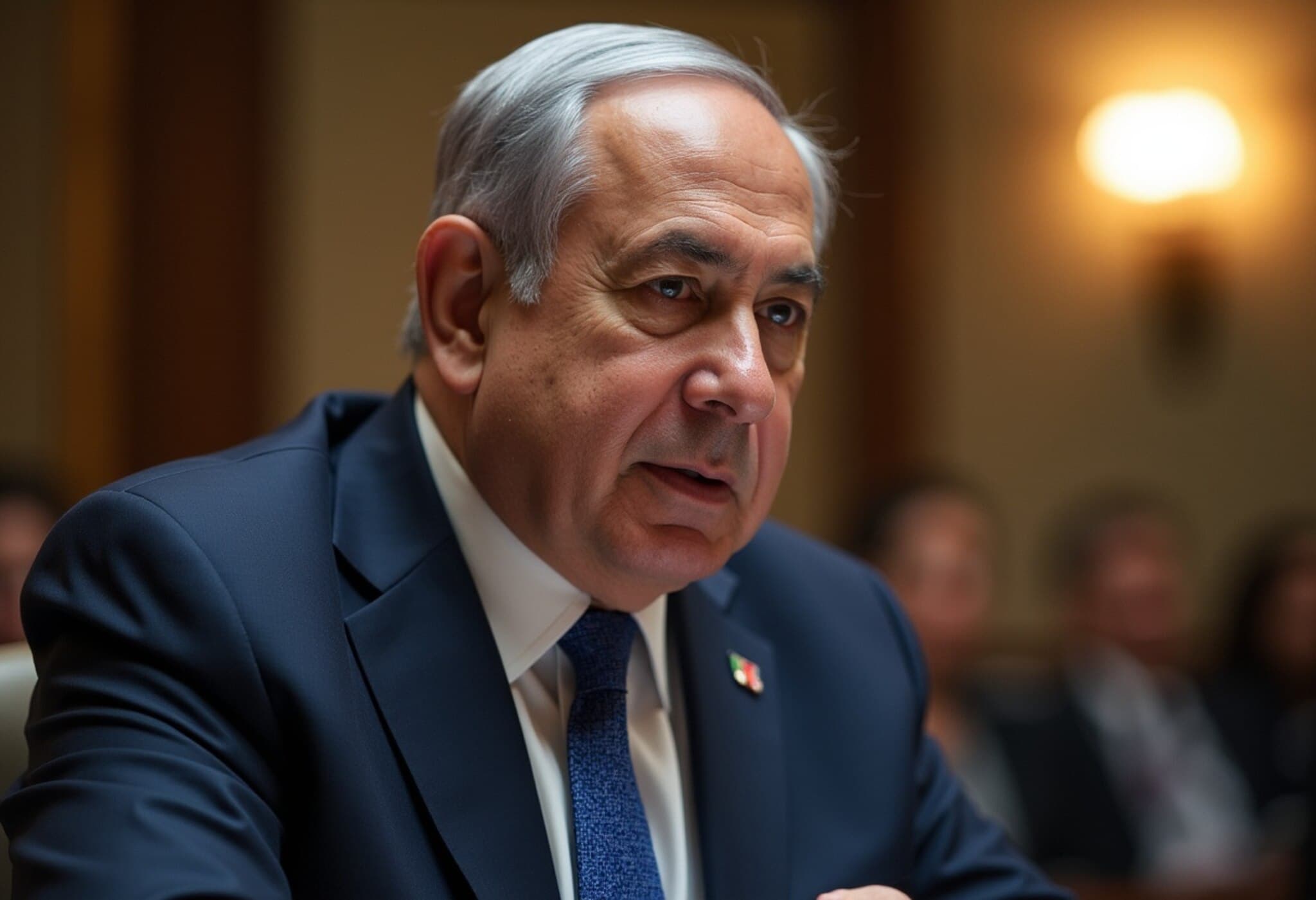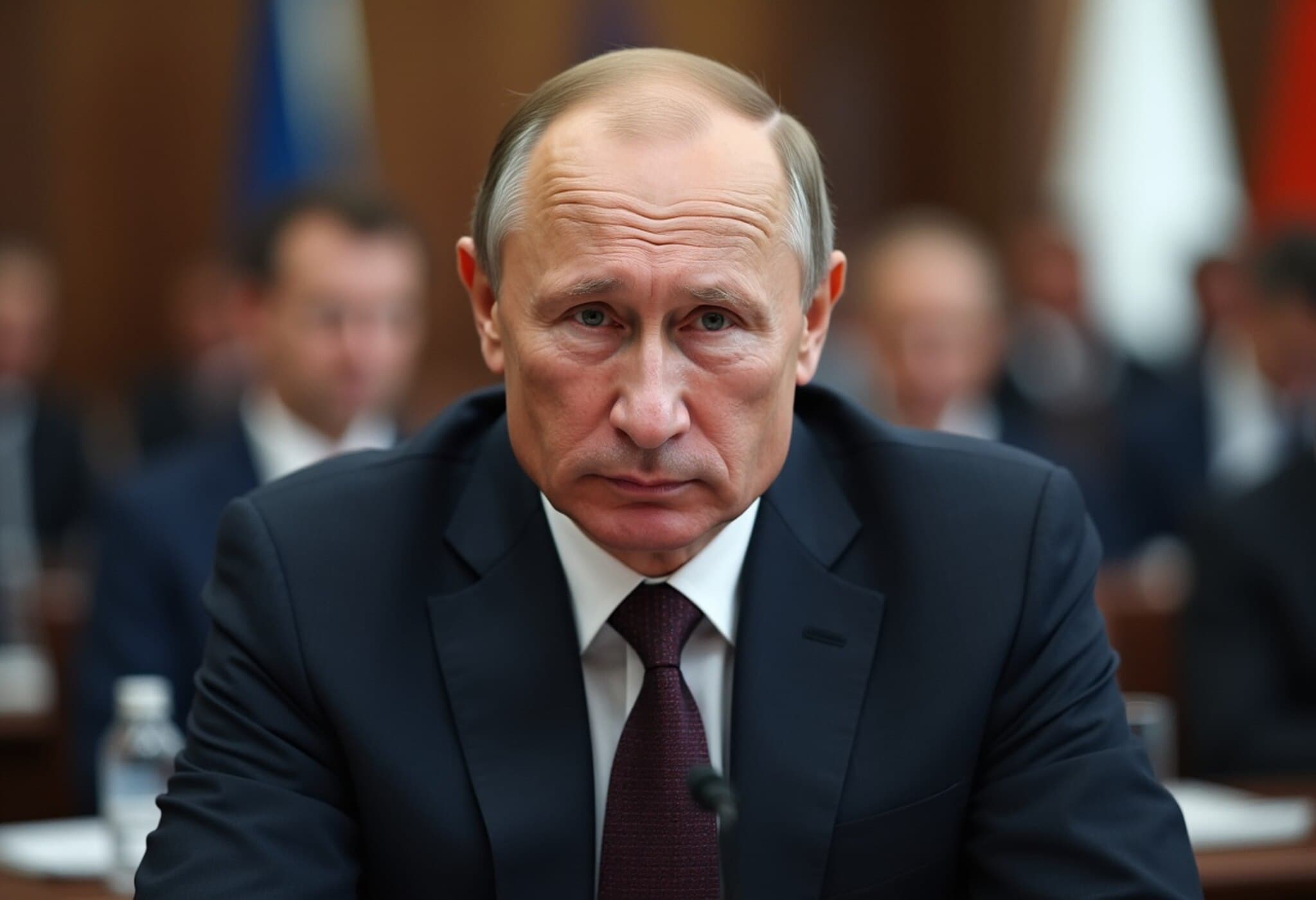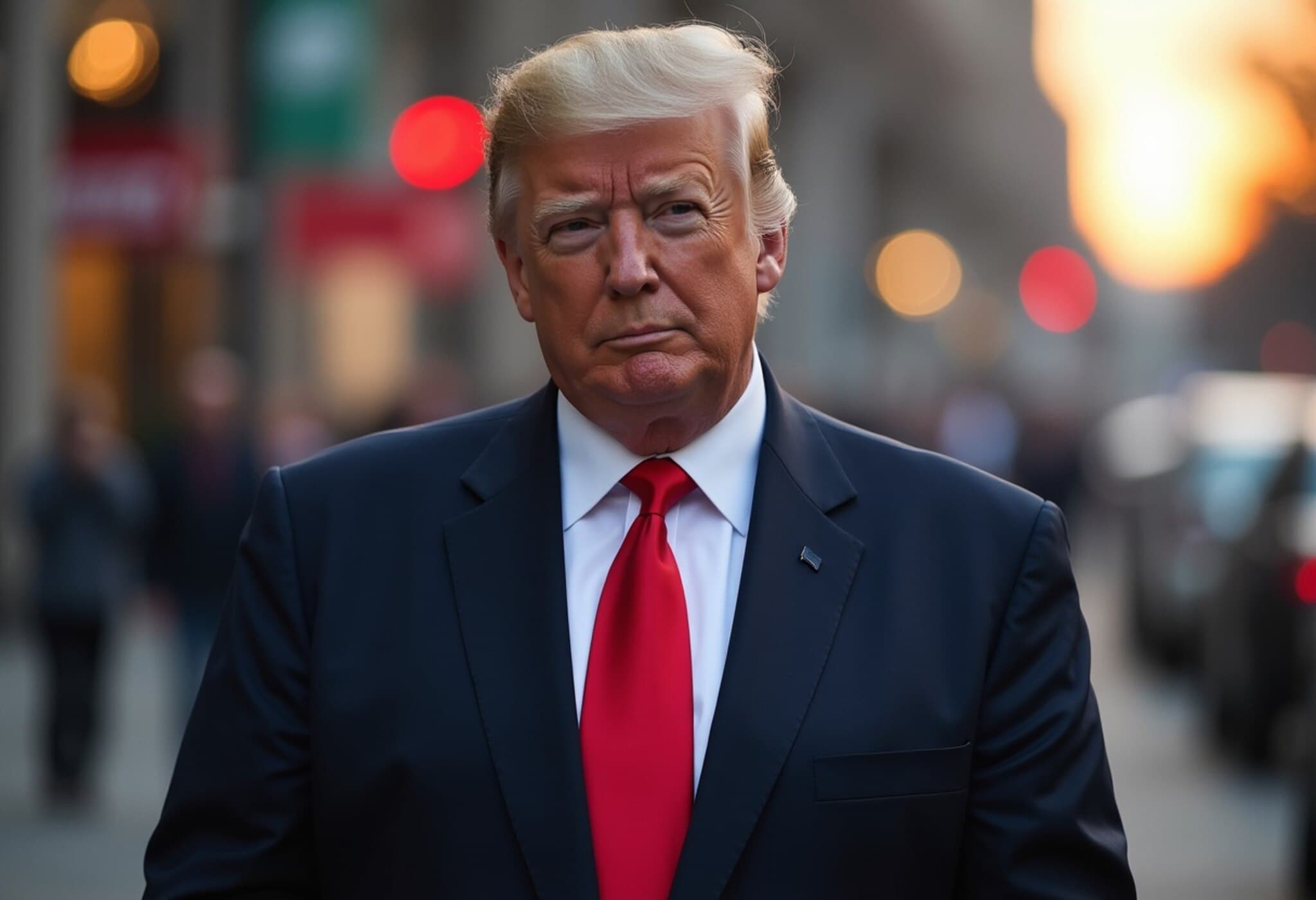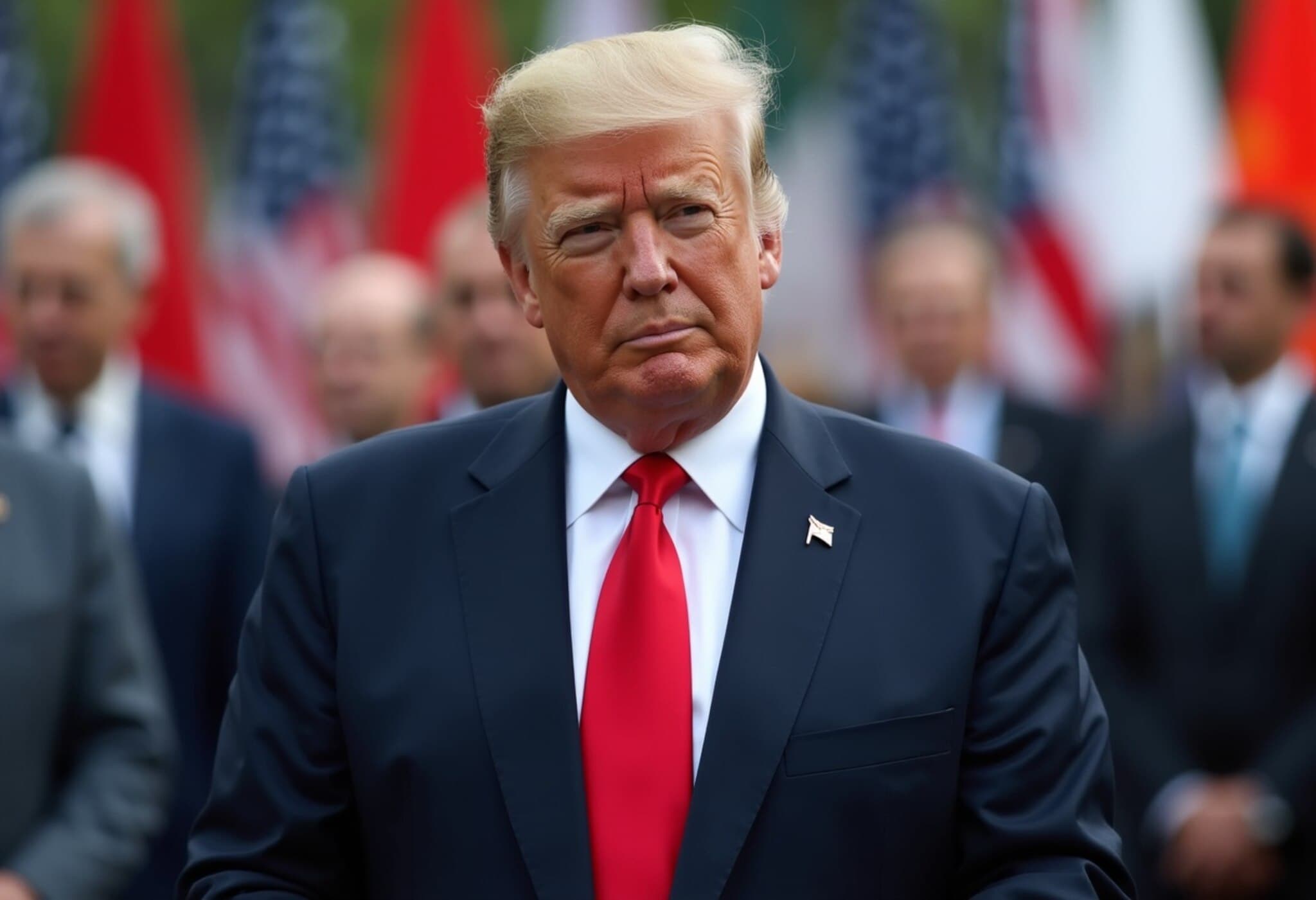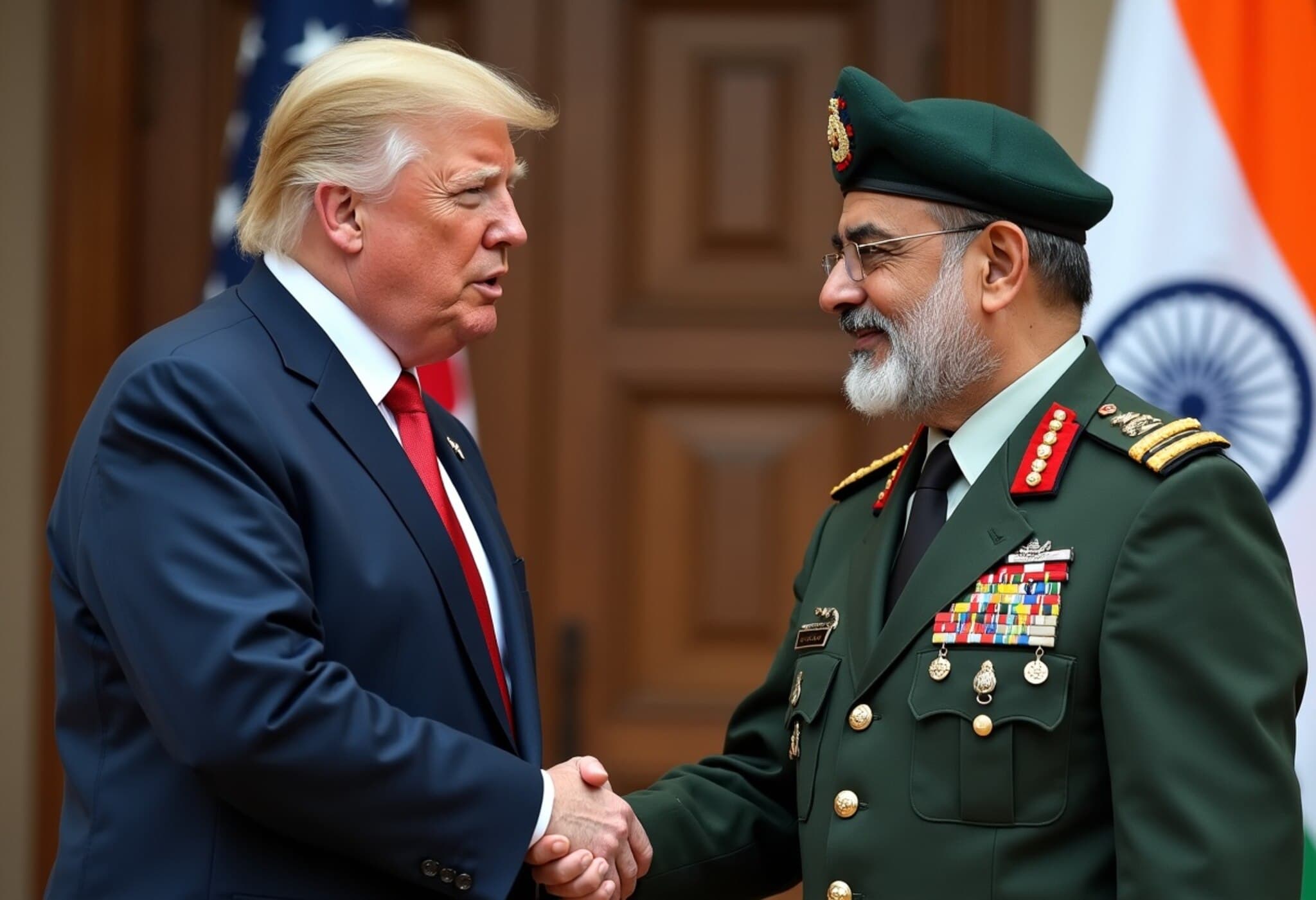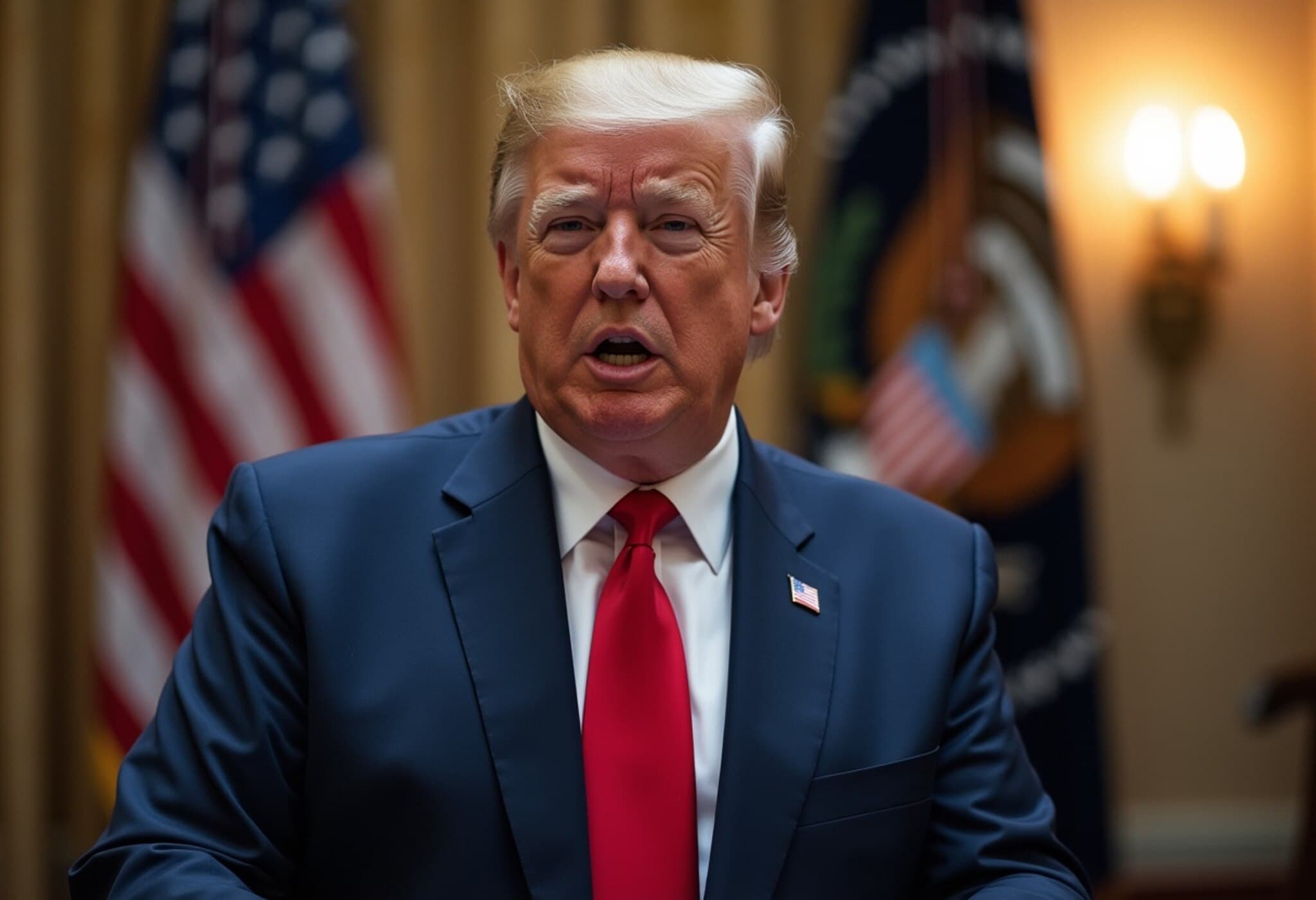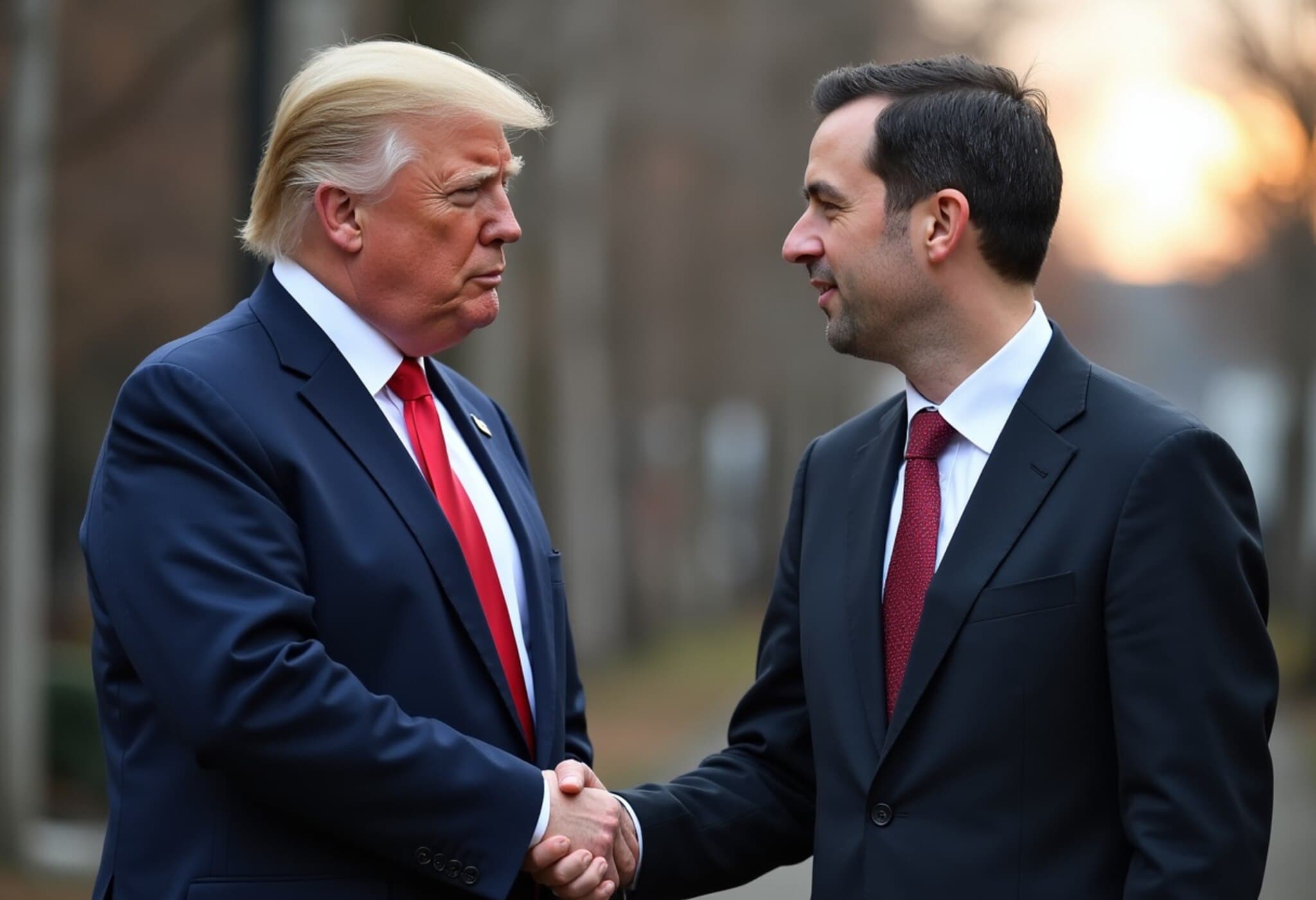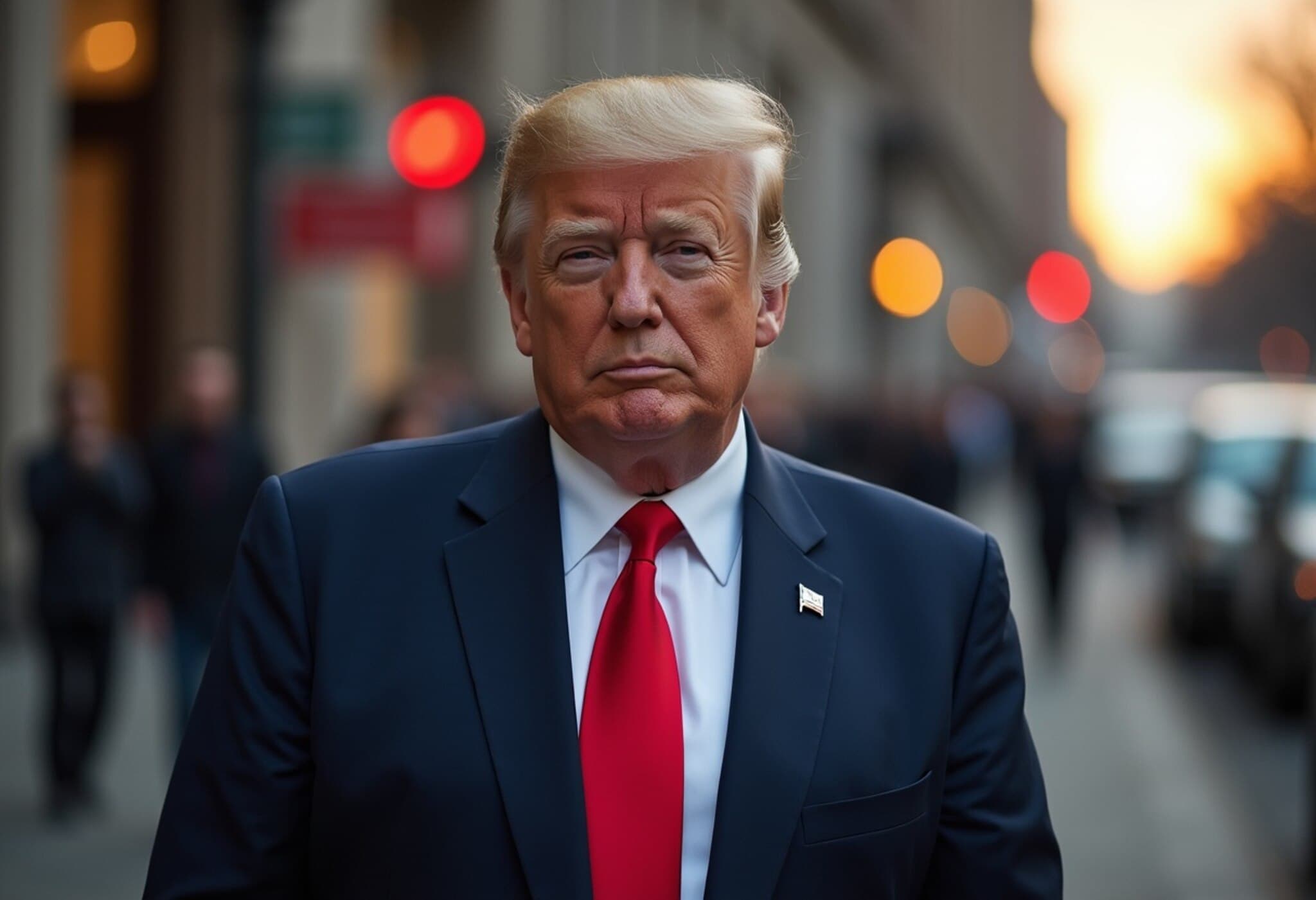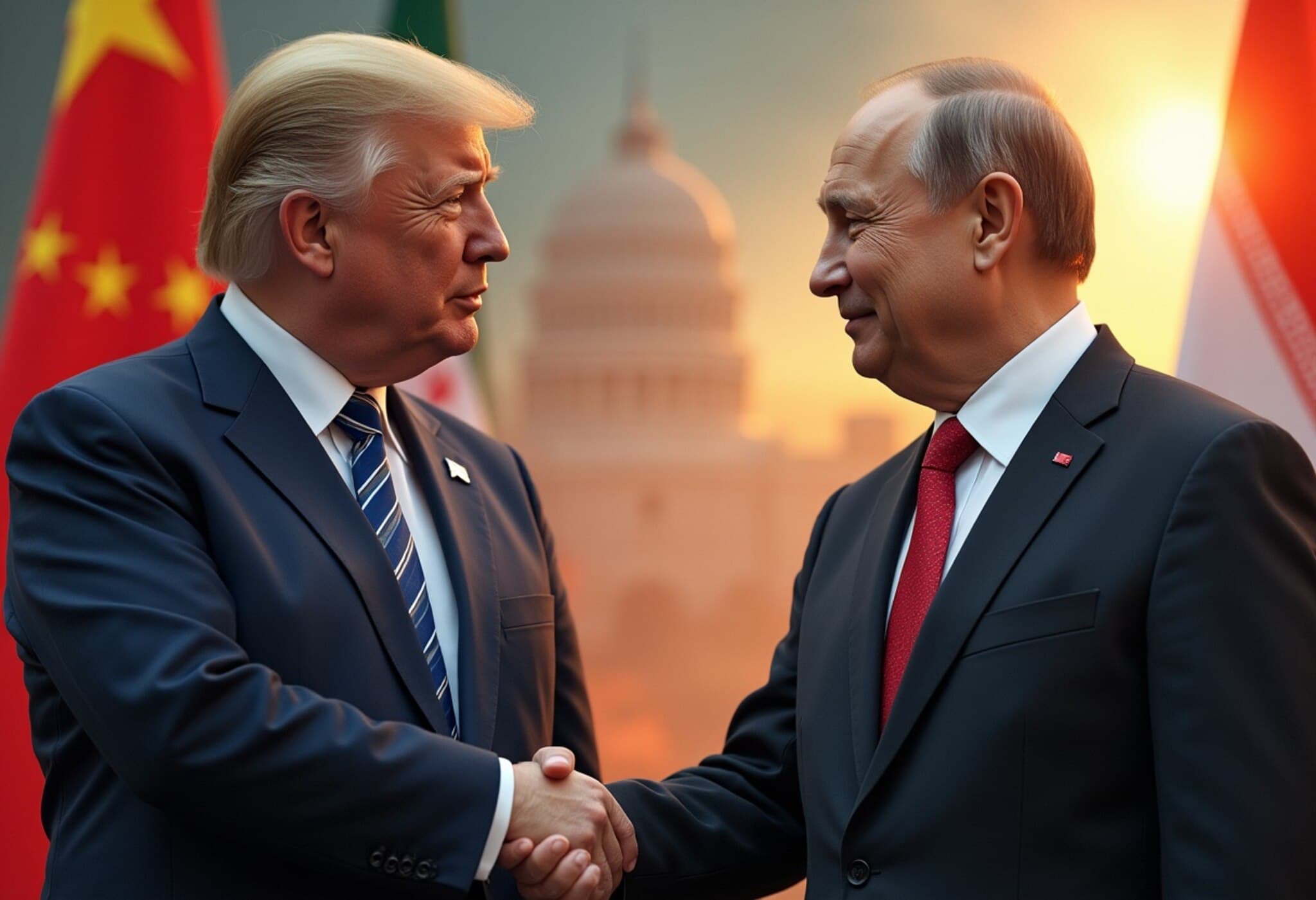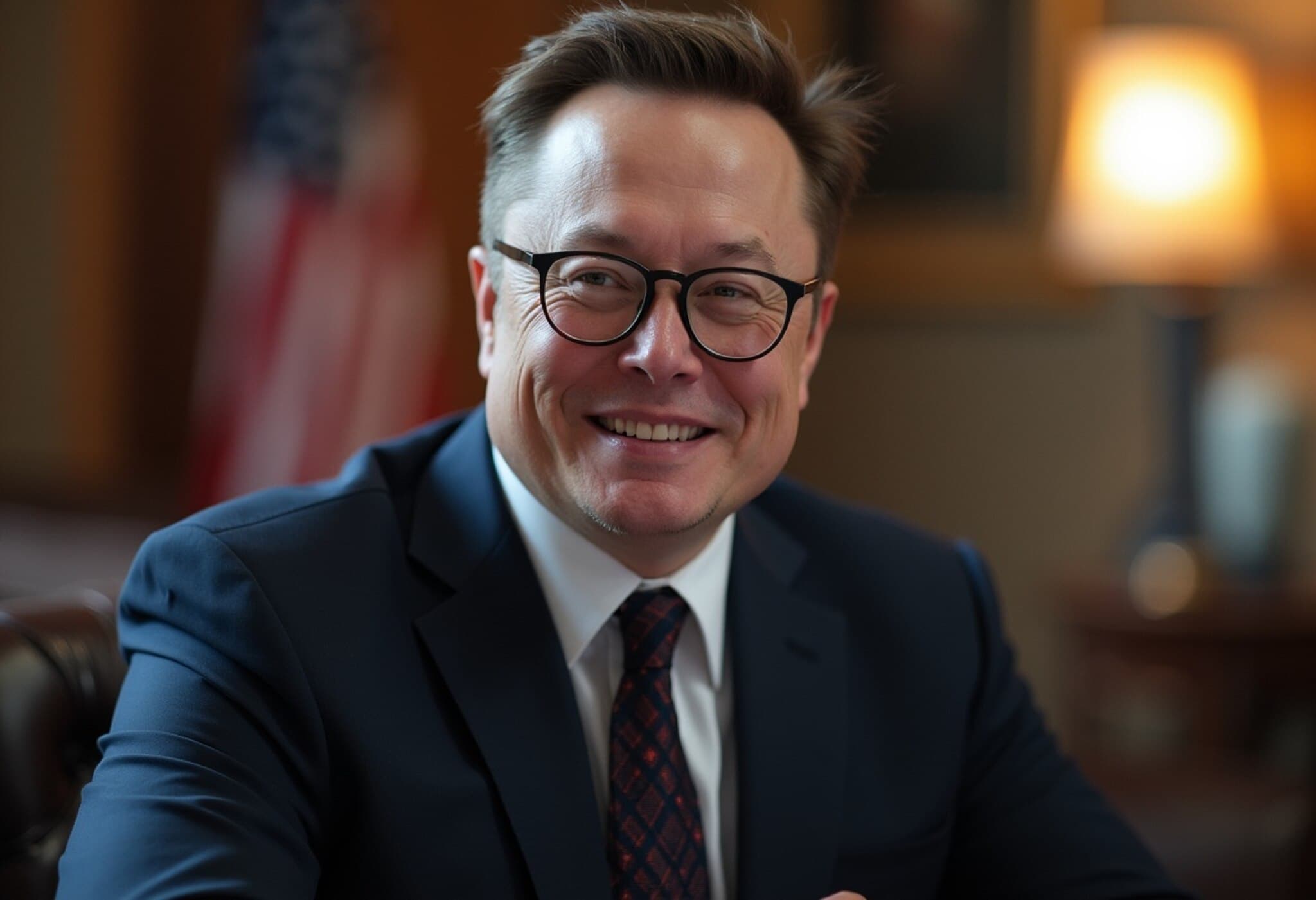World Leaders Navigate Trump’s Unconventional Diplomacy with Flattery
As global diplomacy increasingly revolves around U.S. leadership, many world leaders have adopted a notable strategy to engage with former President Donald Trump: flattery. This approach, while seemingly effective in eliciting positive reactions from Trump, raises critical questions about its long-term benefits and potential pitfalls.
The Art of Praise: How Leaders Engage Trump
At a highly publicized dinner in the White House's Blue Room, Israeli Prime Minister Benjamin Netanyahu handed Trump a letter nominating him for the Nobel Peace Prize — a nod to Trump’s desire for peace accolades despite skepticism about his chances at the award. The gesture was met with visible appreciation, underscoring how direct compliments have become a diplomatic currency in dealing with Trump’s distinctive leadership style.
Similarly, Canadian Prime Minister Mark Carney shifted from previously calling Trump a "bully" to lauding his "personal leadership," while NATO Secretary-General Mark Rutte praised Trump’s decisive actions on Iran in private messages that Trump later publicized himself. Even Ukrainian President Volodymyr Zelensky, who experienced tense moments with Trump in the past, adapted his approach by emphasizing gratitude toward the United States, smoothing diplomatic interactions amid ongoing conflicts.
Expert Perspectives: Playing the Man vs. Achieving Real Outcomes
Sam Edwards, an associate professor of modern political history at Loughborough University, encapsulates the evolving nature of diplomacy under Trump: "Typically, diplomacy involves institutional dialogues, but with Trump, it’s about connecting directly with the person — ‘playing the man.’" This tactic involves offering homage or symbolic gifts to win favor.
However, seasoned diplomats warn that this method can be precarious. Yolanda Spies, director of Oxford University's Diplomatic Studies Program, highlights how diplomacy has traditionally thrived in private, nuanced conversation rather than public displays of flattery, which now often unfold on global media platforms.
The Limits of Flattery: Concrete Benefits Remain Elusive
Despite these high-profile gestures and soothing words, tangible diplomatic breakthroughs have been scarce. Netanyahu himself praised Trump’s peace efforts, yet conflicts in the Middle East persist unabated. Likewise, in Europe, promised swift peace initiatives and trade agreements under Trump’s tenure remain unresolved or stalled.
Trump’s Capriciousness Adds to Diplomatic Complexity
Trump’s unpredictable decision-making style means that flattering him does not guarantee political or economic gains. His recent decisions—pausing and then swiftly resuming ceasefire talks involving Ukraine, for example—reflect a volatility that can undermine carefully laid diplomatic groundwork.
Underreported Narratives: The Human Toll & Ethical Considerations
One overlooked angle is the tension between diplomatic pragmatism and ethical responsibility. Netanyahu’s Nobel Prize nomination of Trump stirred controversy, especially given the International Criminal Court’s allegations against Netanyahu regarding actions in Gaza. These dynamics pose challenging questions about the moral compromises leaders might accept to secure favor with the American president.
Additionally, the emotional burden on leaders like Zelensky, who must navigate the delicate balance between sincere gratitude and political strategy under dire circumstances, remains largely under-discussed in media narratives.
Conclusion: Flattery Is a Double-Edged Sword in Trump Era Diplomacy
While flattering Trump can open doors and temporarily ease tensions, it often falls short of delivering lasting agreements or resolving complex international conflicts. As diplomatic channels adapt to a leader whose style defies convention, the global community must reckon with whether this approach merely placates or genuinely advances international cooperation.
Editor’s Note
Flattery has emerged as a key tactic in engaging Donald Trump, reflecting a shift toward personalized diplomacy that prioritizes direct appeals over traditional institutional processes. Yet, this trend raises critical questions about the effectiveness and ethics of such strategies. Will playing to Trump’s ego result in meaningful progress or perpetuate superficial diplomacy devoid of substantial outcomes? Moreover, how do these dynamics affect global stability and the human lives caught in these geopolitical maneuvers? As we watch this diplomatic balancing act unfold, stakeholders and observers alike should consider the deeper implications behind the spectacle of praise.

